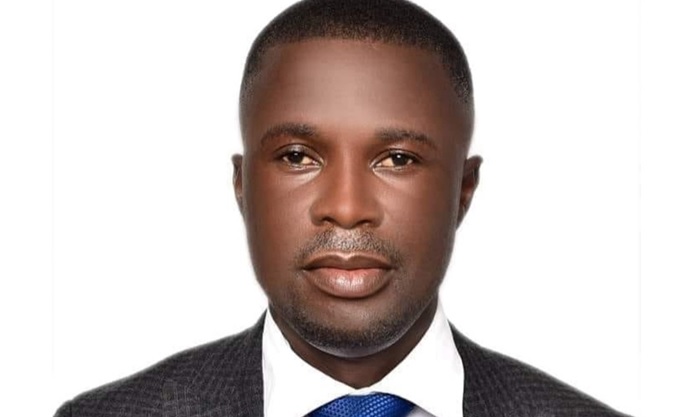MONROVIA – The Liberia Anti-Corruption Commission (LACC) is urging lawmakers to establish a specialized court for corruption cases, citing prolonged delays in prosecution due to limited courtroom access. The appeal comes as the Commission begins exercising its new mandate to prosecute graft-related offenses directly, without relying on the Ministry of Justice.
Vivian S. Akoto, Executive Assistant and Program Manager in the Office of the Executive Chairperson, made the case for the creation of Criminal Court ‘F’ during an interview with the Center for Transparency and Accountability in Liberia (CENTAL) on April 10, 2025. She said although the revised LACC Act grants the Commission the power to prosecute independently, its cases are currently funneled through Criminal Court ‘C,’ which is already overburdened with general criminal matters.
According to Akoto, this situation contributes to serious delays and increases public frustration. “We are empowered to prosecute, but we don’t have a court dedicated to handling our cases swiftly,” she explained, adding that without urgent legislative action, the efficiency of the anti-corruption fight will be undermined.
The Commission has initiated a nationwide campaign to advocate for the court’s establishment, warning that continued delays in trying corruption cases could erode public confidence in the justice system.
Under the previous law, the LACC was only permitted to prosecute if the Ministry of Justice failed to act within 90 days. But since the amendment of the law in 2022, the Commission now has the authority to independently prosecute cases from the onset. Akoto described this shift as a “milestone” in the fight against corruption, noting that the public still needs to become more aware of the Commission’s new powers.
Alongside its legal efforts, the LACC has also taken steps to increase transparency and public engagement. It recently published a list of concluded investigations for 2024, revealing that 28 cases were completed as of February. Some were dropped for lack of evidence, others referred to the Ombudsman, and a few ended in clearance of the accused.
Executive Director James K. Kingsley emphasized the Commission’s reform efforts, including the expansion of its leadership from five to seven commissioners and the formation of four departments: Legal and Prosecution, Administration, Monitoring and Investigation, and Education and Prevention.
Despite limited resources and skepticism among segments of the public, Akoto said the Commission remains committed to strengthening its operations. “We are not where we want to be, but we’re making steady progress. The LACC is becoming more assertive, more effective, and more focused on delivering results.”







